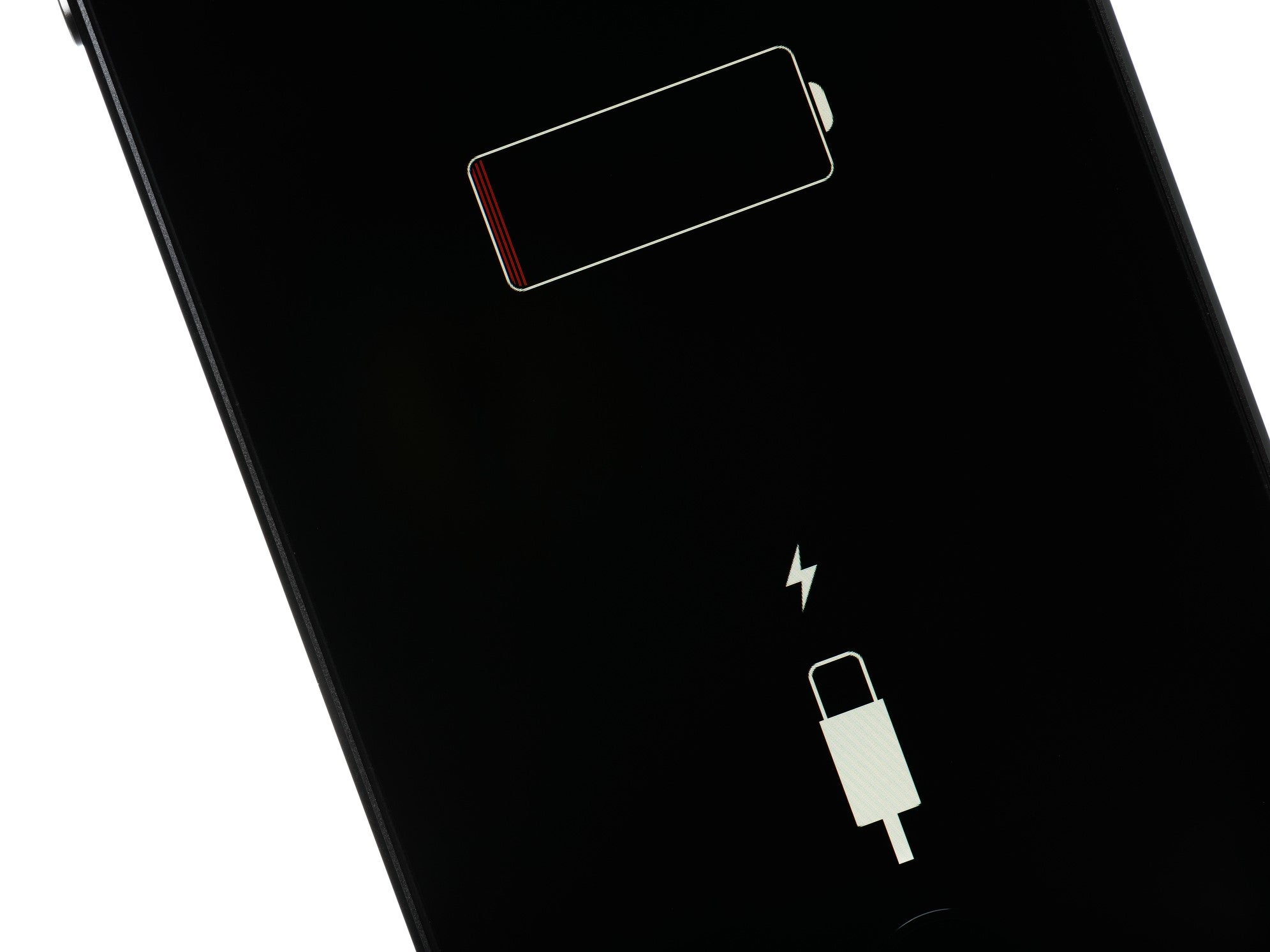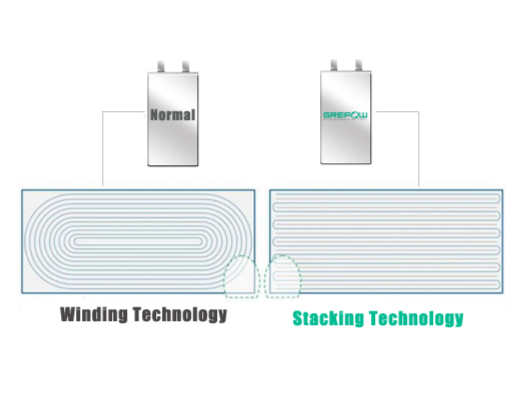The tech that could make the iPhone 15 last hours longer – and change phones forever
Samsung also rumoured to be working on next-generation technology

Apple is rumoured to be working on a brand new type of battery for its next iPhone, potentially signalling an era-defining transition for the smartphone industry.
The stacked battery design will feature on the entire lineup of iPhone 15 devices, according to anonymous leaker @RGcloudS, setting the standard for smartphone manufacturers and transforming the way people use their phones.
The next-generation battery technology could result in faster charging, greater capacity and an iPhone that can run for several hours longer between charges. So how does it work and why is it so important?
What is stacking technology?
The word ‘stack’ refers to the configuration of the elements within a battery cell.
The positive and negative electrodes within a typical battery cell are rolled up in a process known as winding, whereas stacked battery cells folds the electrodes up into layers.
This makes the most of the space available within a battery cell, while also reducing resistance to lower the amount of heat generated when charging or using the battery.

The design allows for a significantly higher charge capacity without changing the form of the battery, meaning no other existing components need to be altered to fit it.
Why would Apple change its battery design?
Lithium-ion batteries have been the standard power units in smartphones since the first iPhone was unveiled by Apple in 2007.
There have been iterative upgrades to improve performance and make them more durable, though the underlying design has largely remained the same.
With Apple now working on brand new devices, such as its Vision Pro headset, it makes sense for the world’s richest company to explore new battery innovations. One of the biggest criticisms of its mixed reality device was the external battery pack, so improving capacity could overcome this deficiency.
Who else is working on stacked battery technology?
Larger lithium-ion batteries used in electric vehicles already use stacking technology, though condensing them into a size that fits in a phone has proved tricky.
Reports emerged earlier this year that Samsung, Apple’s chief smartphone rival, was working on adapting the technology to fit in its flagship Galaxy S24 Ultra phone.
The inclusion of a stacked battery could allow the South Korean electronics giant to maintain the battery capacity and performance of its current S23 range, while squeezing it into a smaller form factor. This could allow for new hardware to be added, from a new camera lens, to a major upgrade to the device’s GPU.
Join our commenting forum
Join thought-provoking conversations, follow other Independent readers and see their replies
Comments
Bookmark popover
Removed from bookmarks